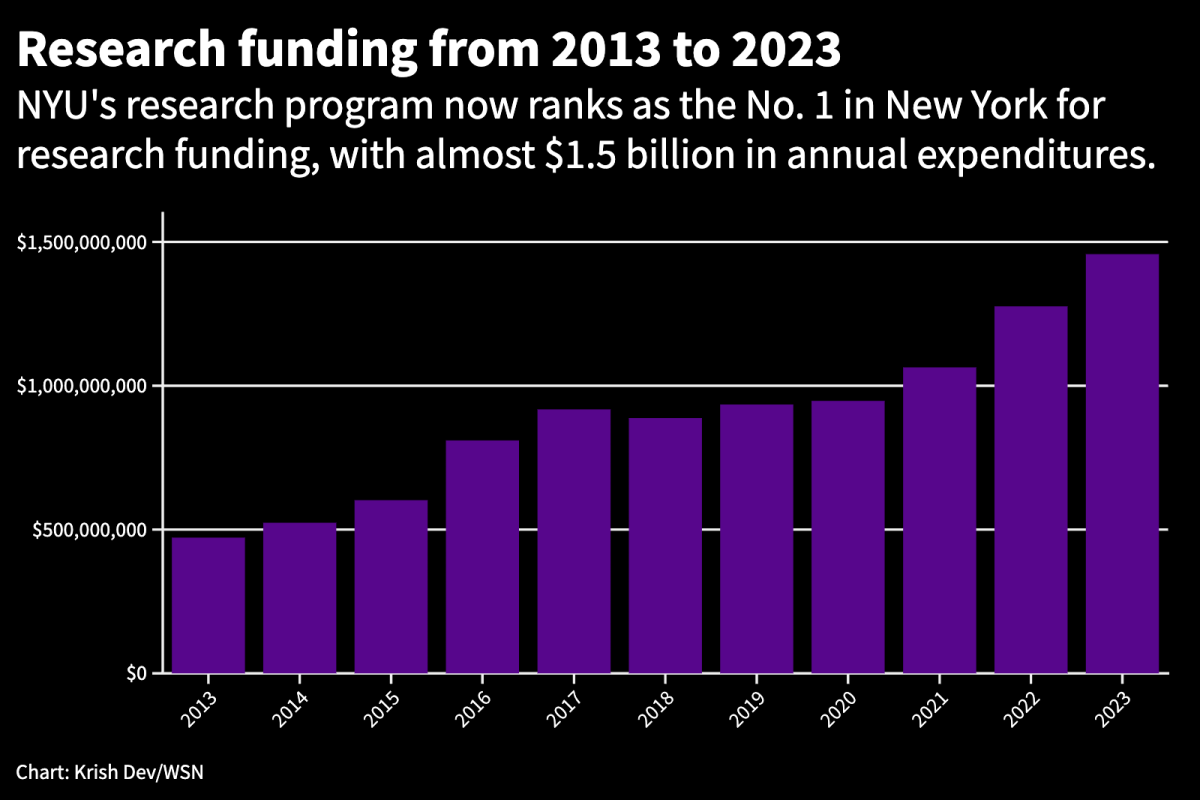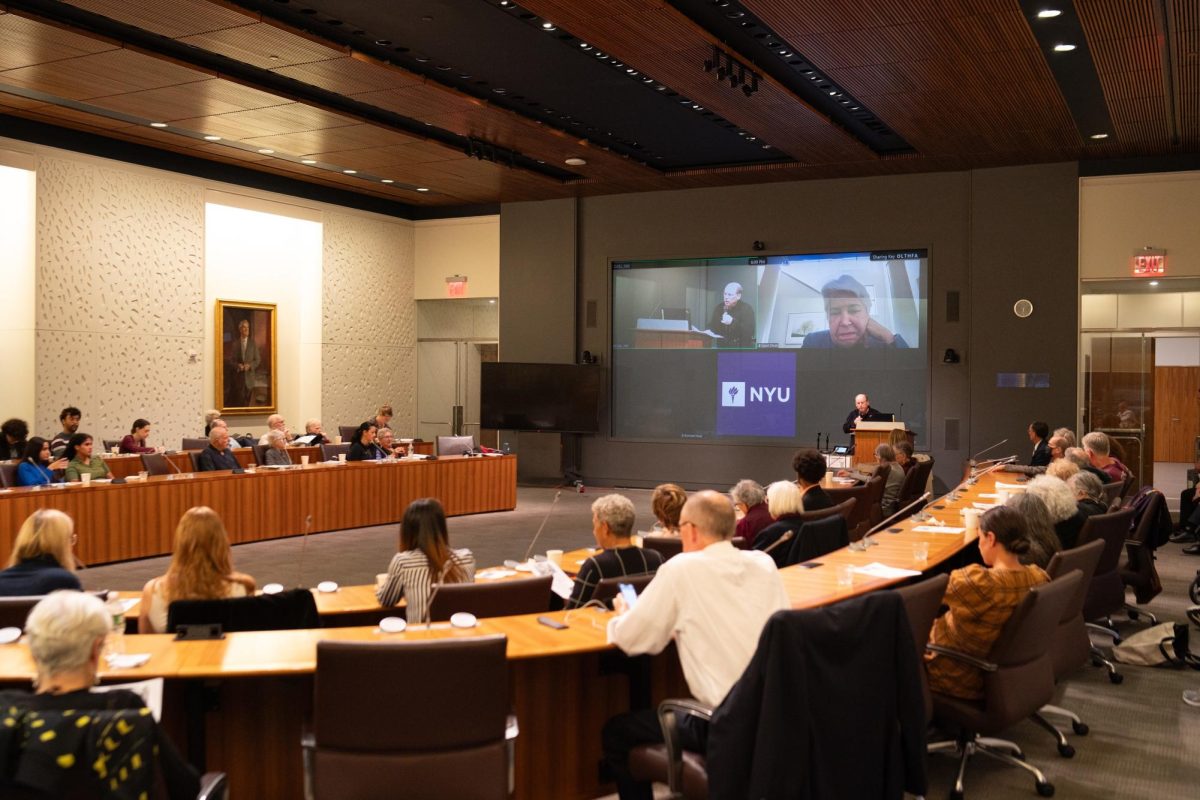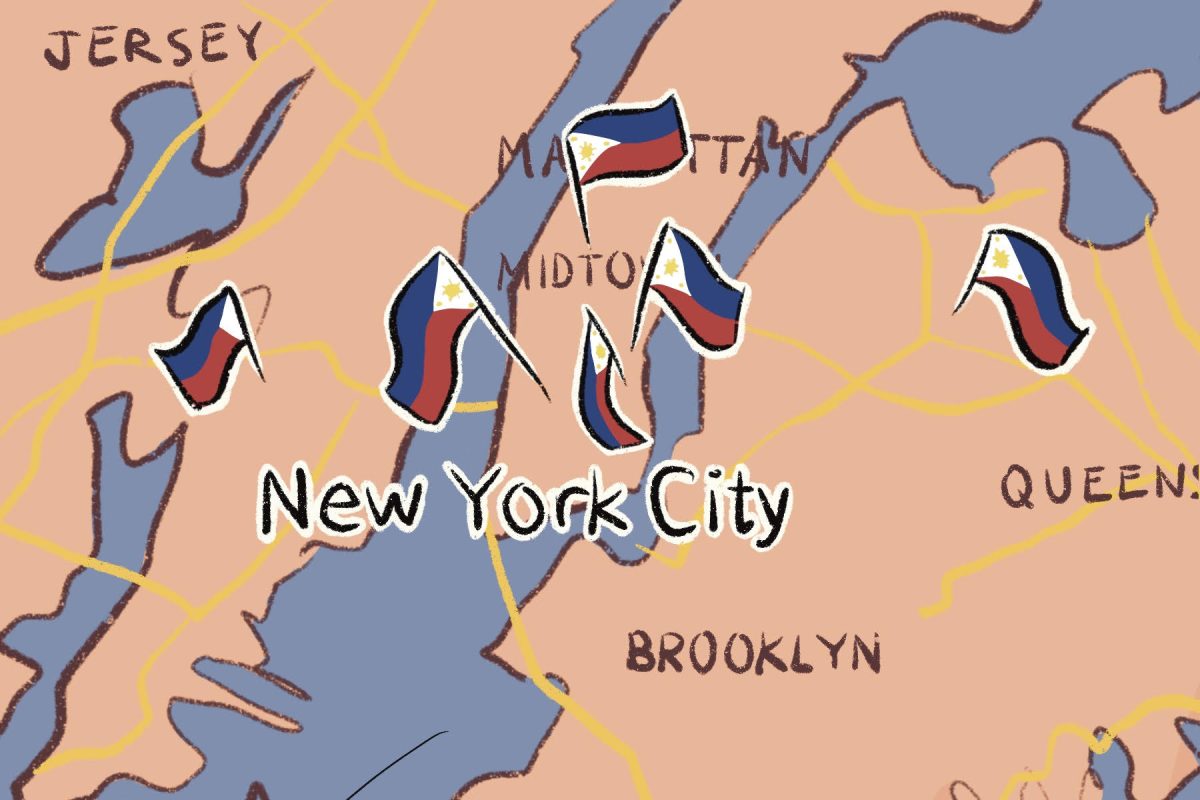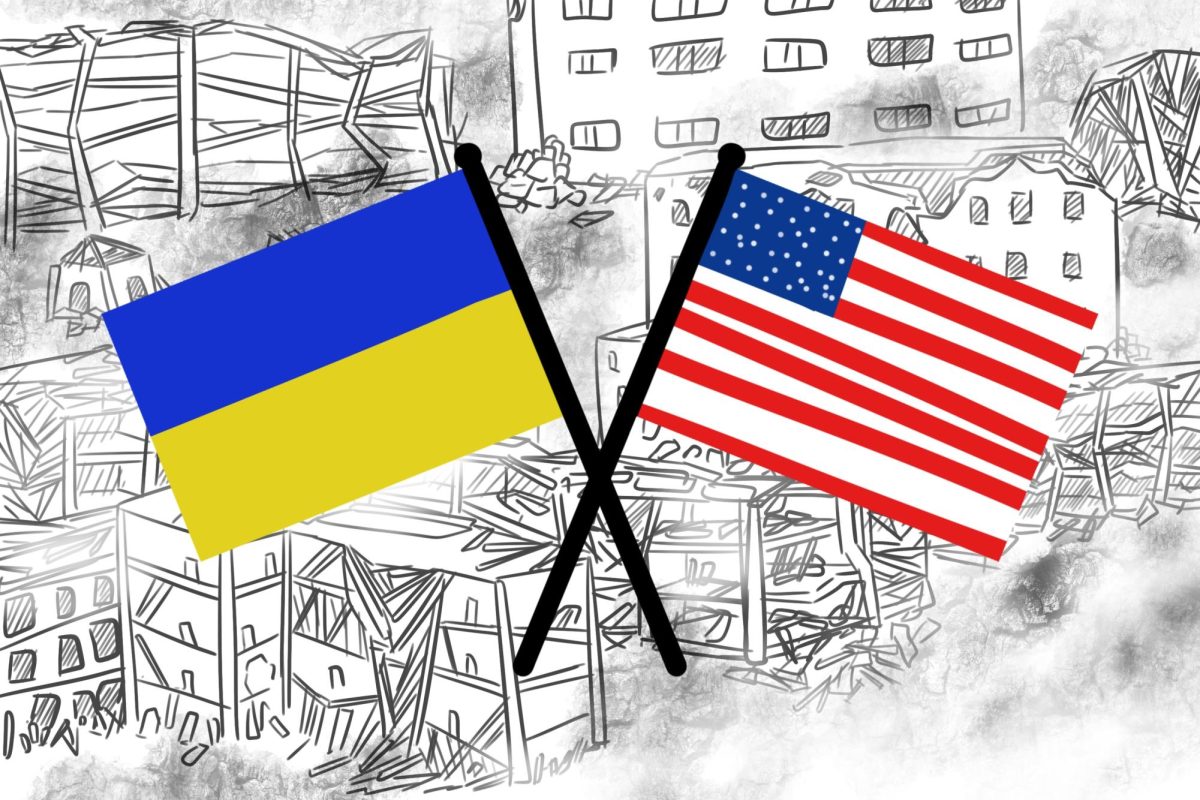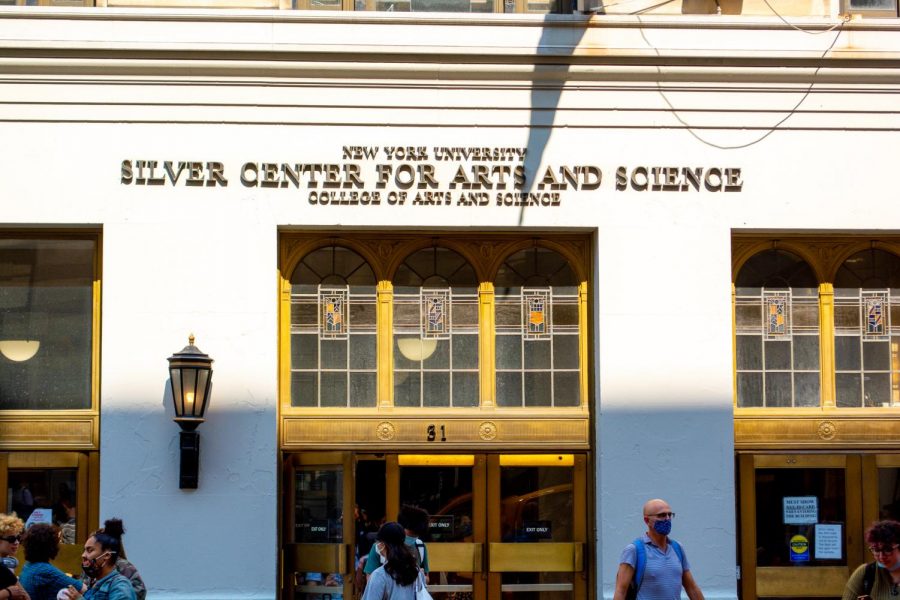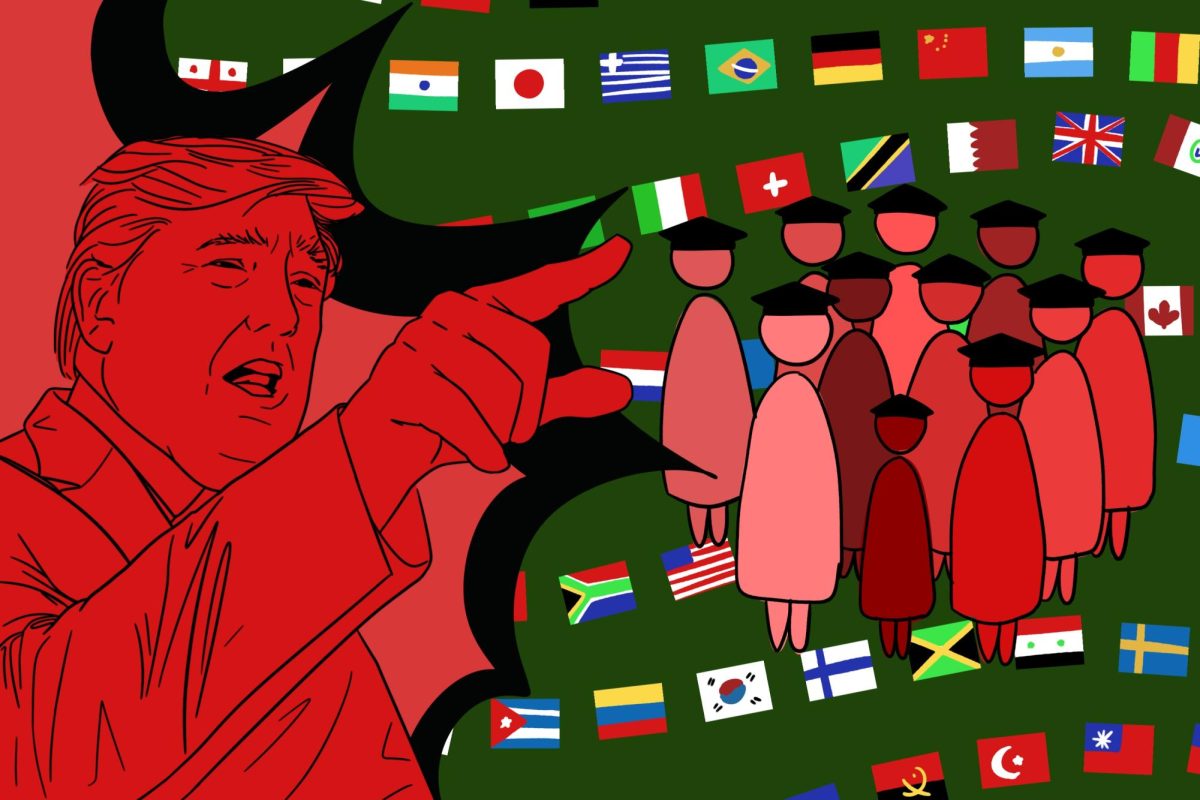It is difficult to imagine the size and implication of the economic situation across the pond, but the Eurozone — a bloc of 17 European Union nations that use the euro — has been plunging deeper and deeper into a debt crisis. Although the recessions in Greece, Spain and other smaller countries have been the main focus in the past few years, the mostly stable economy in Germany is starting to see the effects of the crises.
Sir Richard Lambert, chancellor of the University of Warwick and former member of the Bank of England’s Monetary Policy Committee, spoke Wednesday evening about the effect of the Eurozone crisis on the United States as a part of NYU’s VandeLinde Lecture Series hosted by the College of Arts and Science. The U.S. banking system is closely intertwined with Europe, and many companies have large investments in European countries. So experts see it only as a matter of time before the U.S. economy starts to see an effect.
“I think the Eurozone crisis is more about politics than it is about economics,” Lambert said. “European political leaders have the tools and resources to fix this if only they also have the determination to do so.”
Lambert elaborated on various global perspectives of the Eurozone crisis and the effects of the different measures that have been taken to alleviate it. Even though many outsiders view the European Union as one large and suffering area, Lambert explained how the statistics showed high levels of human capital and per capita income across the continent, as well as a low government debt to overall gross domestic output ratio.
But according to Lambert, the United States has a large role to play in the future of the Eurozone, with its various financial, cultural and strategic relationships.
“[The United States] can offer much more, perhaps a comprehensive trade and investment agreement to promote jobs on both sides of the Atlantic,” he said. “I think that would be a wonderful idea to put on the desk of the Oval Office after the elections.”
Countries like Greece and Portugal face huge deficits and a large unemployment ratio, with protests breaking out regularly. Since the United States faces its own unstable economy and a somewhat high unemployment rate, a trade agreement can only be beneficial, according to Lambert.
Adam Hughes, a University of Wisconsin alumnus who studied abroad at the University of Warwick, said he understood the English sentiment of wanting to leave the European Union from his time abroad.
“Over there, the average Joe on the street doesn’t want to stay [in the union], they don’t see how it benefits them,” Hughes said. “I think the big question for politicians is if they’re willing to lose the next election to work through [the crisis].”
CAS senior Emily Mattsson found the lecture both balanced and compelling.
“I think there is a lack of problem solvers when it comes to solving the crisis,” Mattsson said. “These career politicians care more about what the general public think of them rather than coming up with solutions, because they’ve been fighting to stay in office their whole life.”
Esha Ray is special features deputy editor. Email her at [email protected].



